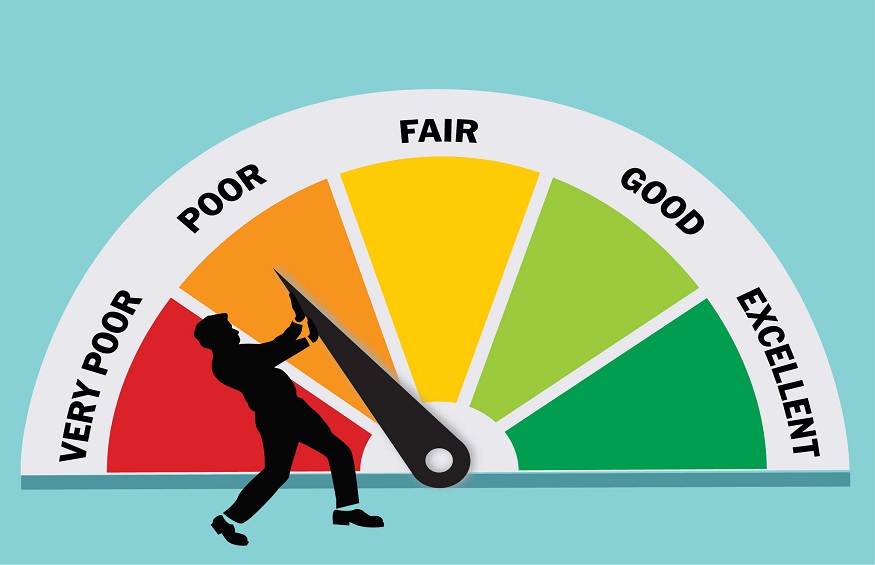The Reserve bank of India has made some rules in case of lending loans to borrowers. Knowing the RBI guidelines is important as it helps prevent the borrower from getting exploited. An alert customer never gets cheated as he/she is aware of the guidelines as thus, the borrower finds something wrong in the agreement, then, in that case, the home loan applicant may object to the rules made by the lender. The borrower can avail loans up to the value of 80% of the property value in case of loan amount exceeding Rs. 30 lakh & if the loan amount is less than Rs. 30 lakh per annum, then, in that case, the loans can be availed up to 90% of the property value. Also, RBI mandates that the home loan applicant should produce the details of the income tax returns to the lender before the approval of loans. A person who defaults on income tax and hides the income should not be granted any loans per the RBI mandate.
Also, in case of default or delay of loans, the lender should not be involved in any malpractices like harassing the customer or threatening the customer. As per the RBI guidelines, the banks or the lending financial institutions like NBFC’s should follow the legal process only to recover loans. The RBI has the authority to penalize the offenders who follow malpractices in case of the loan recovery of harassing the defaulters for payment of installments. Legally banks or the NBFC’s have the right to seal an individual’s assets in default of loans. The banks can take over the possession of the property by the seal of assets and can transfer the rights to another lender by selling the sealed assets to another lender. The banks can even penalize the borrowers with a hefty penalty to the borrower if defaulting on the loans with higher interest rates. Also, if the CIBIL ratings of the individual are found poor or average, the home loan application is not trustworthy. The minimum CIBIL score while applying for the loans is 650 points. If the CIBIL score is below 650, then, in that case, the lender cannot approve the loans of the borrower. Also, there should not be any other loans is running parallel to the existing loans as it can lead to rejection of loans as the banks may not have the confidence of the repayment by the borrower.
Things to do in case of a poor credit score:
Try paying existing EMI’s on time:
The borrower should pay the existing credit card bills on time and also should not delay or default the credit payments. The borrower if pays the credit card bills and the existing EMI’s on time can help the borrower improve the CIBIL score and also can avail future credits easily.
Try maintaining sufficient bank balance in the bank account:
Maintaining a sufficient bank balance can put a significant impact on the borrower’s CIBIL score. Thus keeping a sufficient amount of money in the bank account is a necessary part of the improvement of the CIBIL score.
Make optimum use of the credit card:
The individual should do the optimum use of the credit card like not too excessive usage and not even low usage. And even in case of the high usage of the credit card, the borrower should pay the credit card bills on time. Paying an extra amount of the credit card bill which can be adjusted in the next monthly billing can help the individual improve the CIBIL score.
In case of existing EMI’s pay the advance EMI:
In the case of the existing EMI, the borrower should pay the advance installment which can prove that the borrower is prompt in the payment of the loans. This can help the borrower improve the CIBIL score and thus can help avail credits easily.
Conclusion:
Thus the ways mentioned above can help the borrower improve the CIBIL score easily and thus avail credits easily. In rare cases delay or default of loans can be acceptable. The borrower can pre-pay the advances and also make optimum use of the credits which can help the borrower improve the CIBIL score. The bank expects a minimum CIBIL score of 750 points and above for the approval of the loans.

